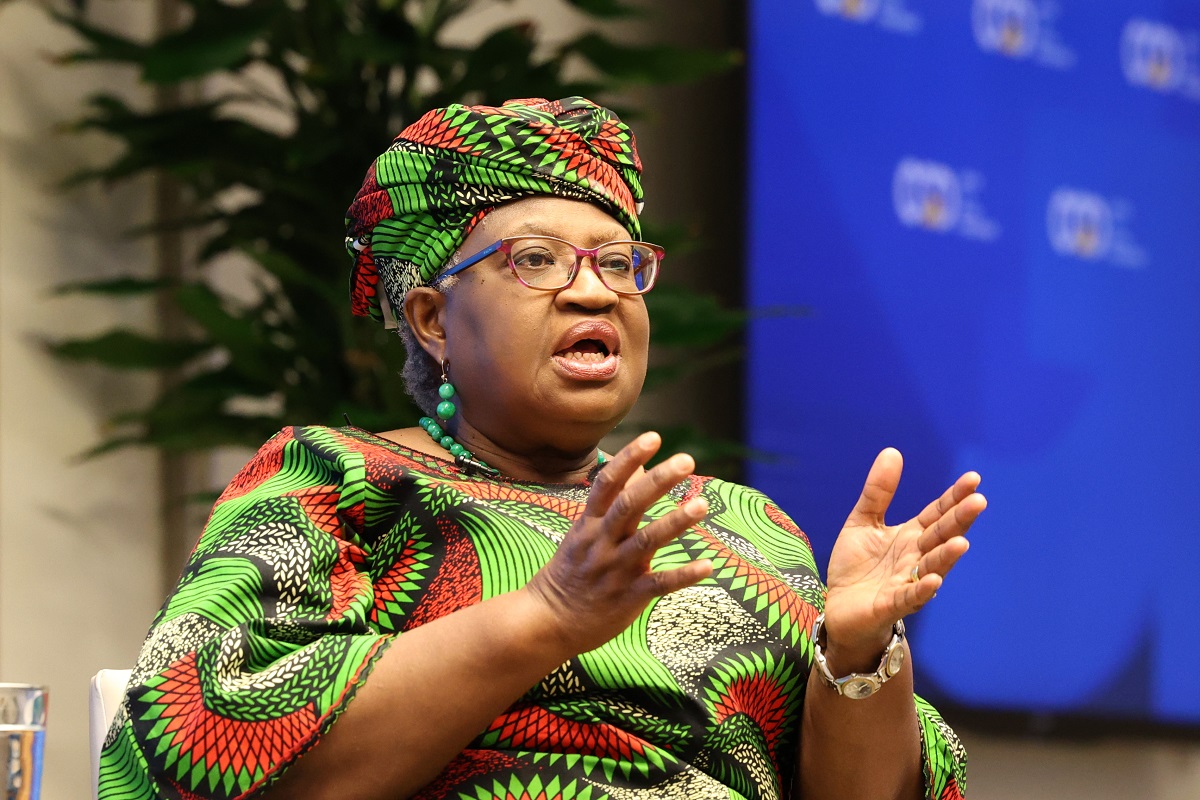On Monday, CGD senior fellow Kim Elliott and I met in Geneva with World Trade Organization (WTO) staff and members of the subcommittee on the least developed countries (known as the LDC group) who are preparing for the once-a-decade United Nations conference focused on least developed countries. The LDC group is working to increase the benefits from trade for the least developed countries through duty-free, quota-free market access and more flexible rules of origin, which are among the policy recommendations of CGD’s working group report on trade preference reform that Elliott discussed with them.The Fourth United Nations Conference on the Least Developed Countries (LDC-IV) will take place in Istanbul in May 2011 and aims to discuss and adopt new strategies for development among the poorest countries. (Of note, CGD working group member Mehmet Arda has been appointed to coordinate planning LDC-IV for the Turkish government.) LDC-IV will likely address—and we hope, achieve—several trade-related priorities, including a recommitment from rich countries to provide duty-free quota-free (DFQF) market access to exports from the LDCs, a commitment from preference-providing countries to adopt flexible rules of origin, and a replenishment of the Enhanced Integrated Framework (EIF) trust fund (expected to be about $500 million).As part of its efforts to promote the effective implementation of DFQF market access, the LDC group, coordinated by Zambian Ambassador Darlington Mwape, is working on a model for more user-friendly rules of origin. A proposal in this area could be one of the deliverables for LDC-IV. During our meeting, Ambassador Mwape noted the unique domestic challenges that the LDC face, but also how relaxing rules of origin could immediately and unilaterally improve the effectiveness of existing preference programs. Reforming rules of origin is one of the CGD working group’s core recommendations.Currently, rules of origin designed to determine a product’s eligibility for preferential treatment often raise transactions costs and unduly penalize LDC exports. Relaxing rules of origin would, for example, correct the problems that Haitian manufacturers face when they try to export apparel to Canada. Canada’s rule of origin for LDCs allows beneficiary countries substantial sourcing flexibility, but it does not extend to inputs from FTA partners. U.S. rules of origin, on the other hand, require that much of Haiti’s apparel incorporate American yarn and fabric to gain duty-free treatment. Given these arrangements, a Haitian t-shirt made from U.S. fabric does not receive duty-free treatment in Canada, even though the U.S. fabric would enter Canada duty-free if shipped there directly.Ambassador Mwape and other members of the LDC group were eager to hear Kim’s thoughts on ways to improve rules of origin and to learn more from us about what the U.S. is doing on global trade preferences. Members of the LDC group will be coming to Washington D.C. later this year to meet with members of Congress and administration officials to discuss U.S. trade policy toward LDCs.Our meetings with the WTO and LDC group are the first of several we’ll be having in Europe this week. Next up: the United Nations Conference on Trade and Development (UNCTAD). Stay tuned.
CGD blog posts reflect the views of the authors, drawing on prior research and experience in their areas of expertise.
CGD is a nonpartisan, independent organization and does not take institutional positions.





